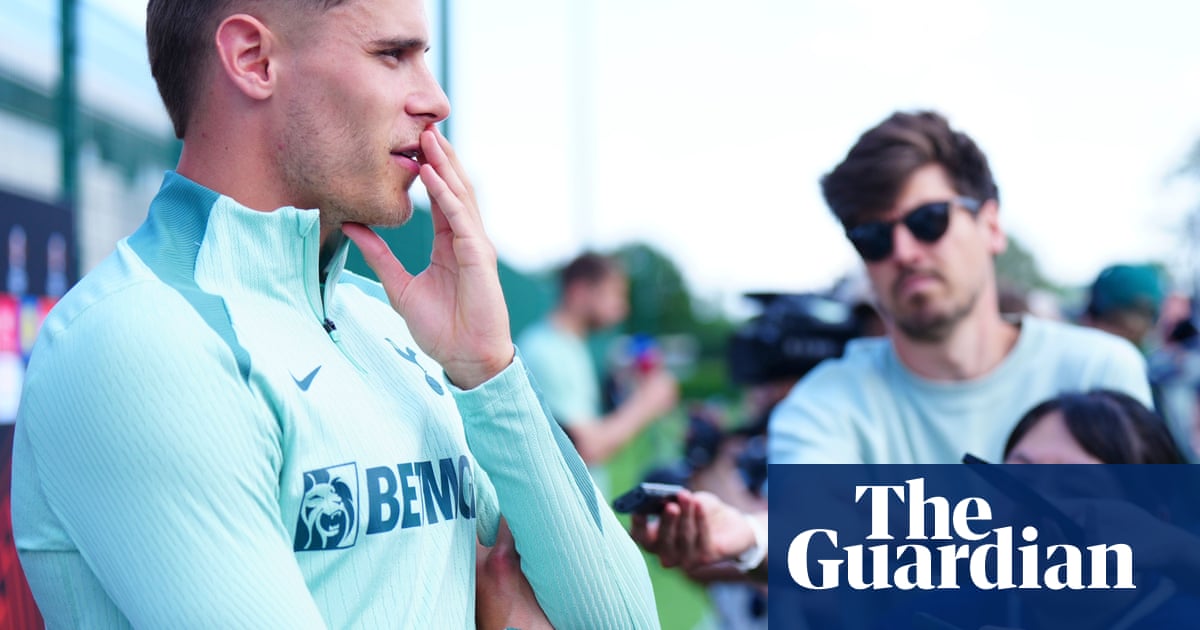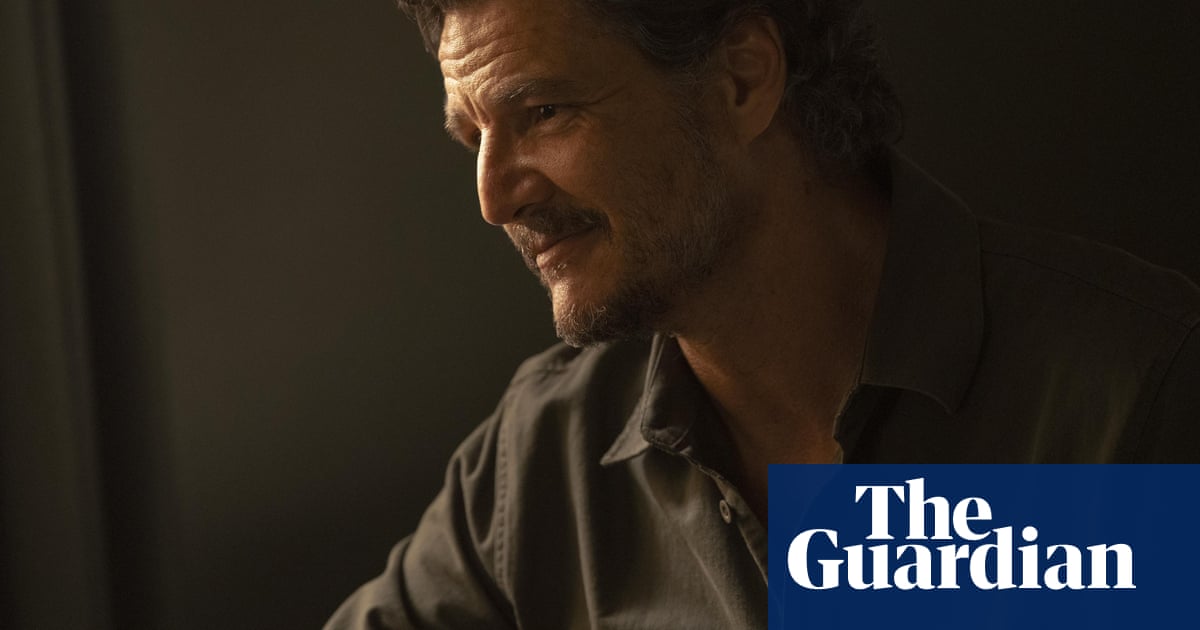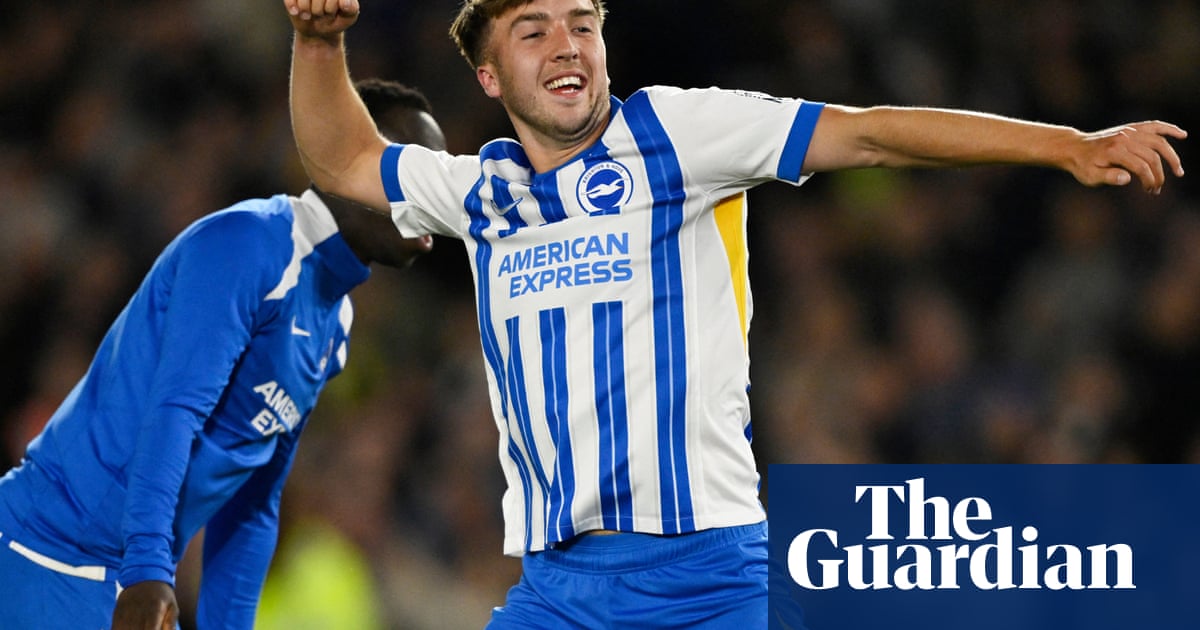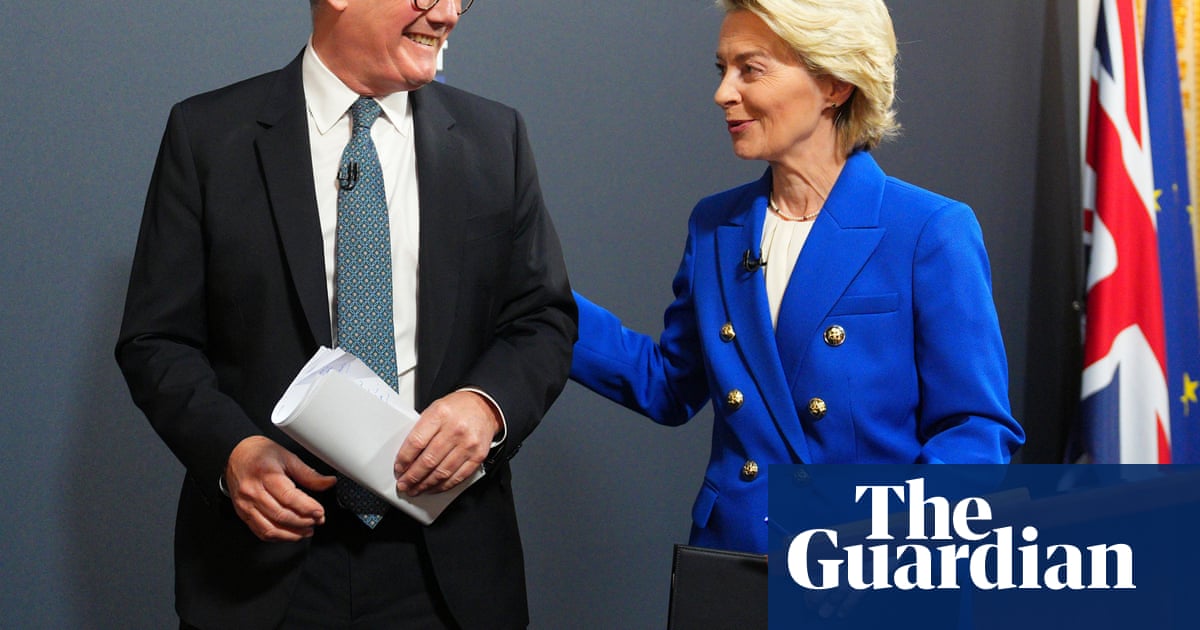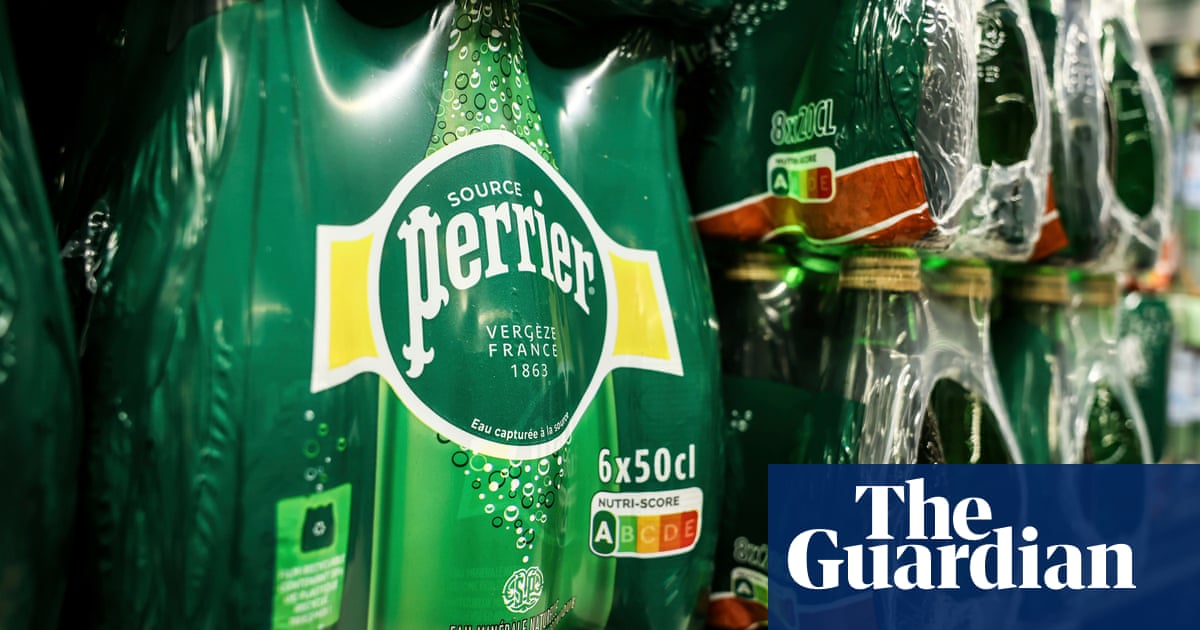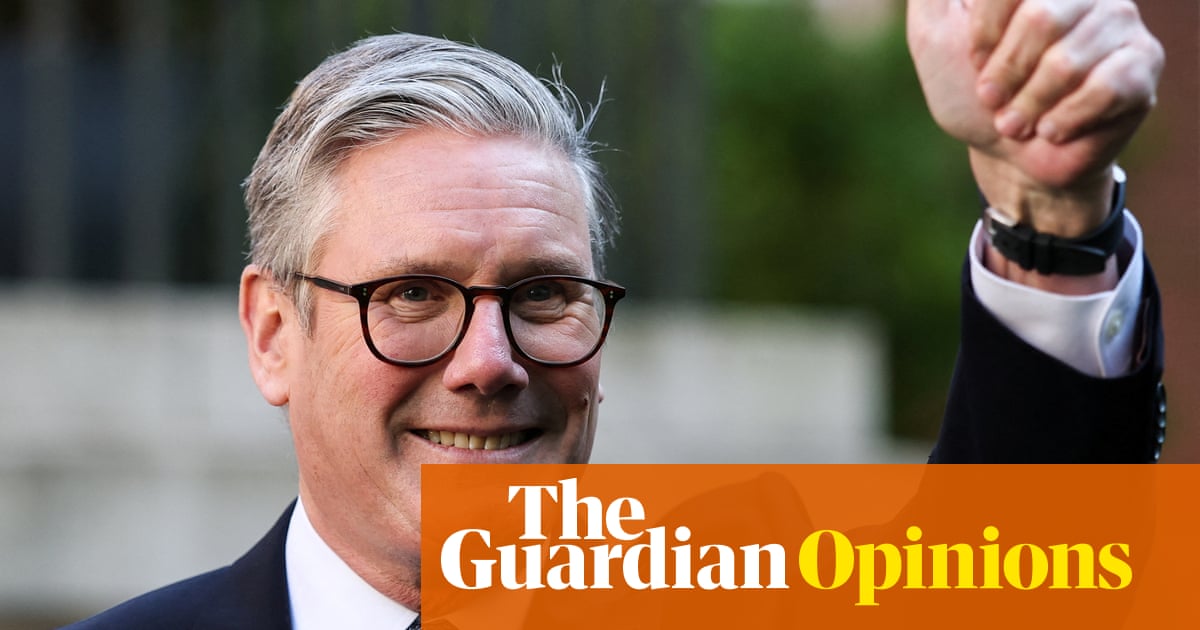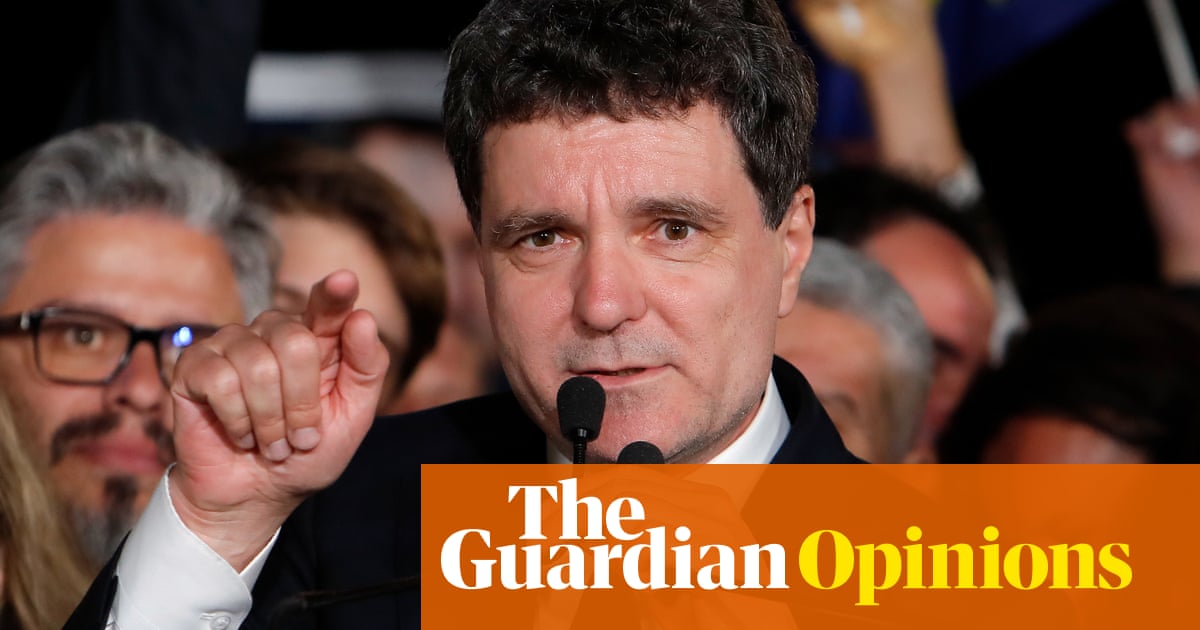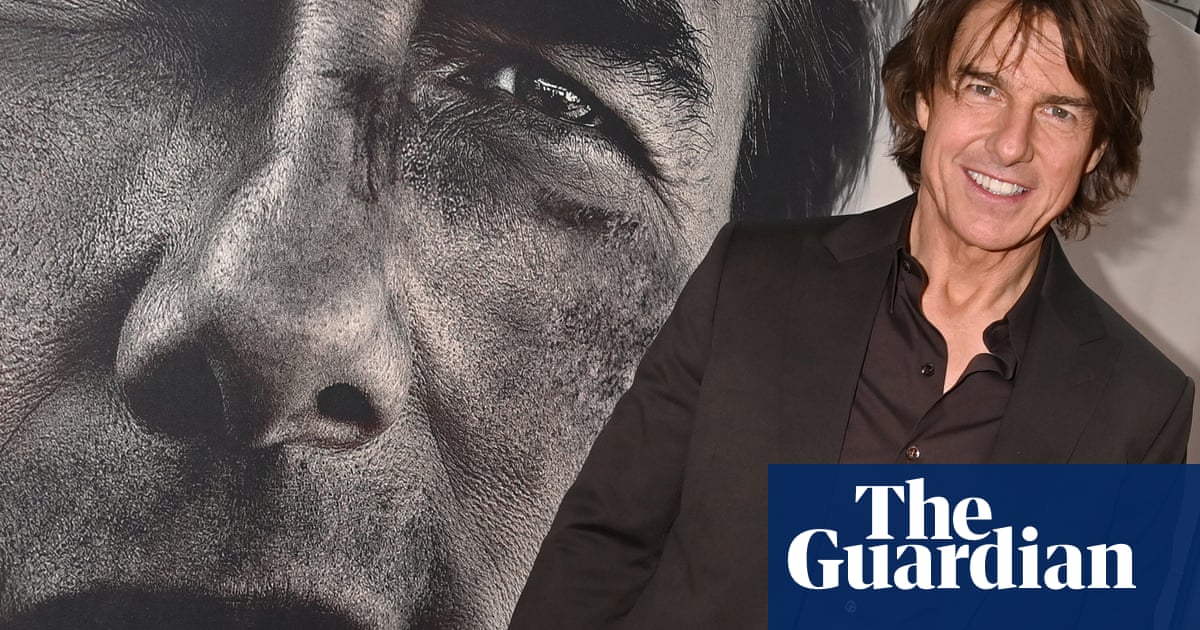Spike Lee has made a brash, bold, big-city movie with this pulsing New York adventure that doubles as a love letter to NYC’s sports and its music. It is a remake (or maybe cover version) of Akira Kurosawa’s classic downbeat noir High and Low from 1963, transplanting the action from Yokohama to New York – or rather returning it there, because the original source material, Ed McBain’s novel King’s Ransom, is set in a fictional city based on the Big Apple.
It’s got a terrific throb of energy and life, moving across the screen with the rangy grace of its superstar Denzel Washington – though a little of the minor-key sombreness and complex pessimism and cynicism of the first film has been lost and the modern technology of GPS (unknown in Kurosawa’s day) has indirectly left it with a very small plausibility issue.
In Kurosawa’s movie, the incomparably leonine Toshiro Mifune played Gondo, the prosperous salaryman working for a shoe manufacturer who rashly mortgages the luxurious penthouse-style family apartment with its spectacular views of the city (encouraging hubris, of course) so he can he buy out a controlling interest in the firm. But just as he is about to pull off the deal of a lifetime, a kidnapper takes a boy he wrongly thinks is Gondo’s son, but is in fact the son of Gondo’s heartbreakingly loyal and submissive chauffeur Aoki played by Yutaka Sada. Does Gondo now have to use the money he’s borrowed as ransom cash to save the son of a servant?
In Lee’s film the shoe executive is now gigantic music-producer legend David King, played with grinning monarchical assurance by Washington. King beamingly surveys his New York realm from his near-super-rich balcony as the sun rises, and Lee shows this with the inspired musical accompaniment of Oh, What a Beautiful Mornin’ from Oklahoma. His wife Pam (Ilfenesh Hadera) is a philanthropist supporting black causes, and his teen son Trey (older and cooler than Gondo’s kid) is a talented basketball player. Every square millimetre of the wall-space is covered by high-end sports-related artworks or ultra rare memorabilia (reportedly from Lee’s own collection), as well as magazine covers of David’s face, unironically pointing up his massive wealth, prestige and impeccable taste.
The awful news about the reported abduction of Trey turns out of course to be a bungling mistaken-identity: the culprit has accidentally taken Trey’s best friend and David’s godson Kyle (Elijah Wright) son of David’s driver and family friend Paul (Jeffrey Wright, Elijah’s dad in real life), an ex-con who is now a Muslim convert.
In the original, there was a distinct class or caste distinction between Gondo and Aoki, however well-meaning and conflicted Gondo was. This isn’t the case here: King is no snob and has a real love for Paul – but the basic dilemma is still there. Should David throw away his business plan and risk penury to save someone who isn’t family? (This great music producer rages to his imaginary heroes in his private study: “What would you do Stevie?” etc. He amusingly addresses that hypothetical question to James Brown – and perhaps James Brown’s advice on this point might not exactly provide a Hollywood ending.) Lee shrewdly injects a new note of worldliness with the police’s suspicion about the obvious possibility that Paul might himself have staged the abduction – though it is the racist white cop Detective Higgins (Dean Winters, Tina Fey’s boyfriend in TV’s 30 Rock) who has to say this out loud.
In Kurosawa’s film, the paying of the ransom on the train is a classic suspense sequence; Lee for his part makes great use of a New York subway train heading out to Yankee Stadium, crammed with baseball fans chanting “Let’s go Yankees” just as they did in Lee’s 25th Hour. (I’d love to see Lee restage the baseball scene from Kurosawa’s Stray Dog.) The police have put a GPS tracker in the bag with the cash, so the kidnapper and his team of stunt-riding accomplices on motor scooters (where did he get all these people?) must have somehow switched the money out of the trackable bag and it’s not immediately clear how they did that. But who is the bad guy? Suspicion falls on the greedy, sexist (but undoubtedly kind of cool) young rapper played by A$AP Rocky. And Lee contrives a great rap-battle-style face off between him and David.
This is a big, muscular picture which aspires to the crowd-pleasing athleticism of Spike Lee’s sports icons; it’s very enjoyable and there’s a great turn from Washington.

.png) 2 hours ago
2
2 hours ago
2
